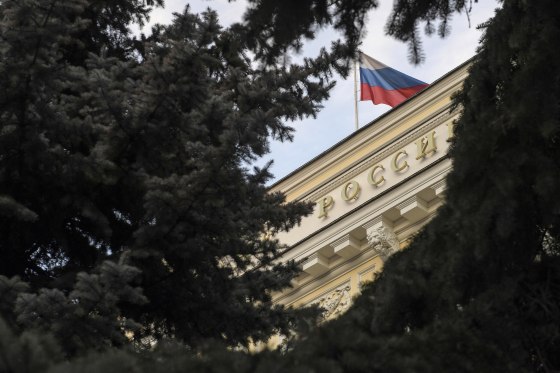The financial ratings agency S&P Global has deemed Russia to be in "selective default" on some of its foreign debt after it tried to pay its latest obligations in rubles.
Because of U.S. government sanctions, the agency said, investors lack the ability to convert the rubles into dollars. S&P had already warned that any payment in a currency different from the one in which the debt was sold would be considered a failure to pay.
Last week, the U.S. Treasury Department blocked Russia's ability to pay debt using dollar reserves held in U.S. banks. A Treasury Department spokesperson told Reuters that the action was aimed at forcing Russia to draw down its domestic dollar reserves to further curtail its spending on its war against Ukraine.
“Russia must choose between draining remaining valuable dollar reserves or new revenue coming in, or default,” the spokesperson said.
Russia hasn’t defaulted on its foreign debt since 1918, during the Bolshevik Revolution. In general terms, when a state misses debt-payment obligations, its borrowing power can be negatively affected.
A Russian Finance Ministry spokesman said it considered its obligations to have been fulfilled by the payment in rubles. But S&P indicated that ongoing pressure from sanctions would limit Russia’s ability to pay its debts.
“Sanctions on Russia are likely to be further increased in the coming weeks, hampering Russia’s willingness and technical abilities to honor the terms and conditions of its obligations to foreign debt holders,” it said.
Russia has a 30-day grace period to resolve the default.

